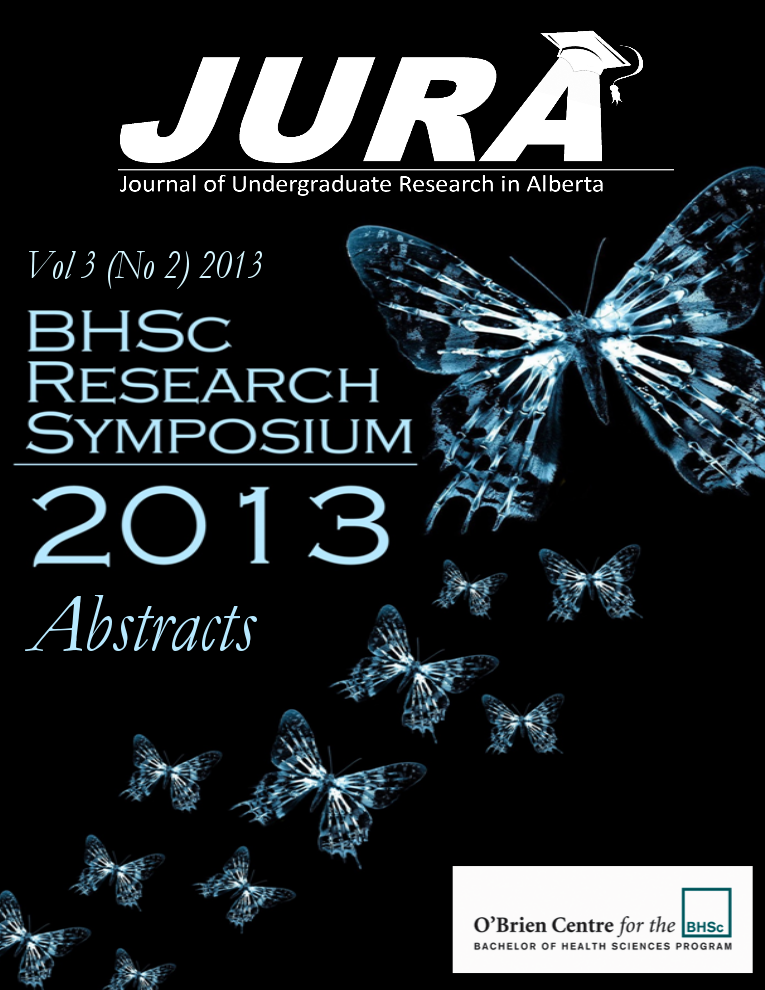Impact Of Immunomodulator And Biologic Medical Therapies On Need For Intestinal Resection Surgery In Children With Crohn's Disease
Keywords:
inflammatory bowel disease, Crohn's Disease, surgical resections, immunomodulators, biologics, Pediatric gastroenterologyAbstract
Abstract:Background: Treatment for inflammatory bowel disease has recently changed to include the use of immunomodulators and biologics to induce remission, yet, the affect of their early initiation on pediatrics’ Crohn’s disease course and surgical resection incidence is unknown.
Methods: In this single-center retrospective comparative study, the medical charts of patients at the Alberta Children's Hospital diagnosed with Crohn’s disease from January 1, 1983 to January 1, 2012 and followed for a minimum of 1 year were reviewed.
Results: There were 122 patients enrolled for a total of 380.4 person-years. From 1983 to 2012, patients with early immunomodulator use increased from 0.0% to 61.5% while maintaining stable 1 and 3 year intestinal resection incidence. Patients (n=53) with a minimum of 3 years follow up and early immunomodulator or biologics use had increased intestinal surgery incidence (100.0% vs 37.2%, P=0.0002) and increased intestinal resection incidence (60.0% vs 27.9%, P=0.03).
Conclusions: Immunomodulators and biologics are now initiated more frequently and earlier in treating Crohn’s disease. Intestinal surgery and resection incidence of children with Crohn’s disease has remained stable for the last 30 years. However, intestinal surgery and resection incidence has increased in the subgroup of pediatric patients with early immunomodulator and biologics use.
Downloads
Additional Files
Published
2013-12-13
Issue
Section
Extended Abstracts
License
Authors retain all rights to their research work. Articles may be submitted to and accepted in other journals subsequent to publishing in JURA. Our only condition is that articles cannot be used in another undergraduate journal. Authors must be aware, however, that professional journals may refuse articles submitted or accepted elsewhere—JURA included.


